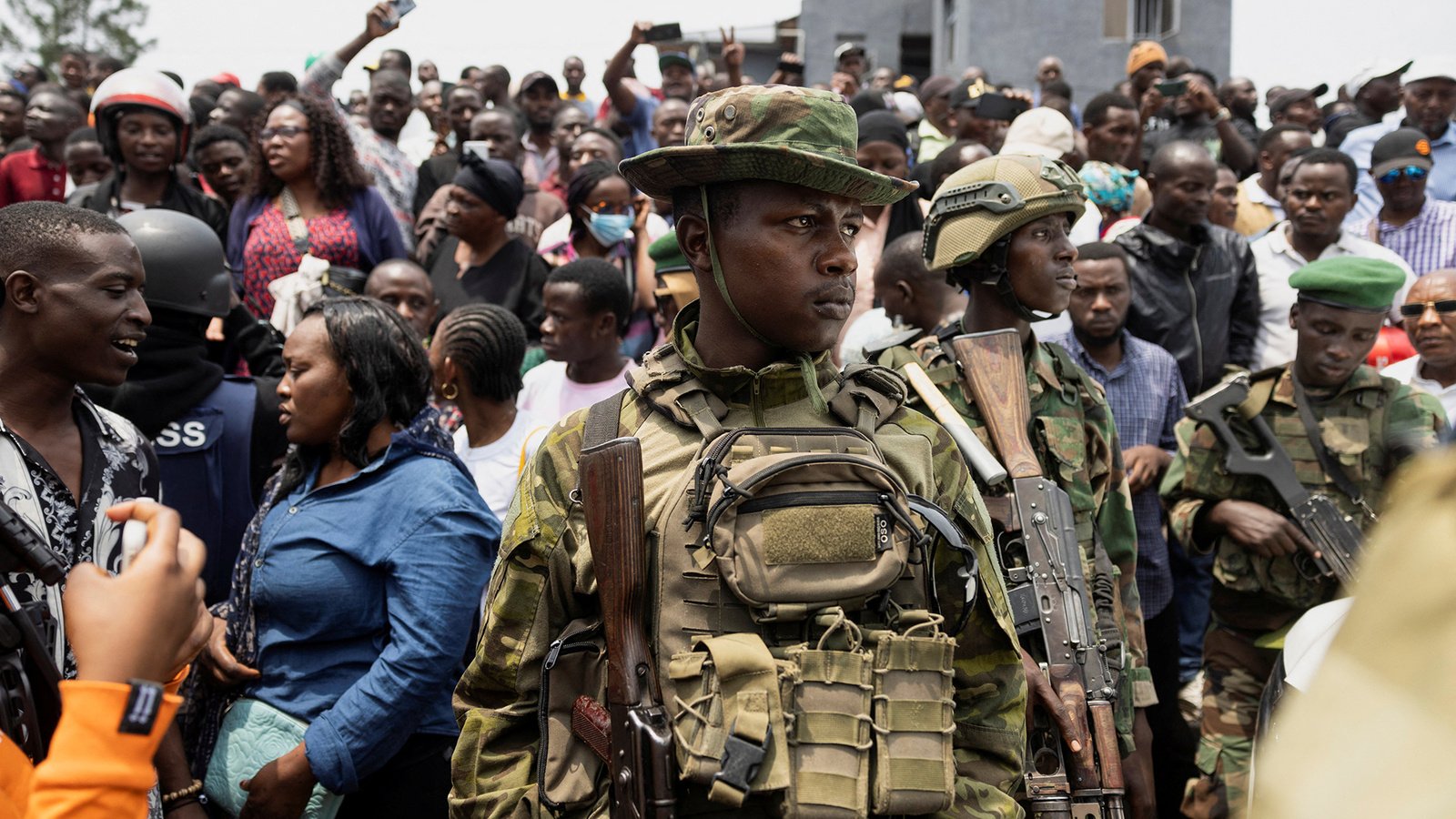
August 2 stands as a powerful symbol in Africa’s historical memory, bearing the weight of war, colonial exploitation, and the enduring consequences of imperial ambitions.
From the forced conscription of African soldiers during the First World War to the outbreak of the continent’s deadliest modern conflict, this date remains deeply etched in the political and military history of several nations.
On August 2, 1914, just one day after Germany declared war on Russia, France launched its general mobilization—one that quickly extended to its colonial territories.
In West Africa, thousands of Senegalese riflemen were among the first called upon to join the ranks of European armies. Their participation marked the beginning of a long and painful involvement of African populations in a global war that was not their own.
Eighty-four years later, on August 2, 1998, the Democratic Republic of Congo witnessed the beginning of what would become the Second Congo War—also dubbed the Great African War. A total of nine African nations became embroiled in the conflict, including Rwanda, Uganda, Angola, and Zimbabwe. According to the United Nations, over five million lives were lost, making it the deadliest war anywhere in the world since 1945.
August 2 also carries the memory of colonial repression. In 1957, during the height of Algeria’s War of Independence, the French army conducted a brutal military operation in the Oran region. At least 43 people were killed in what was reported by French media as one of the most violent crackdowns during that period. All were suspected of ties to the National Liberation Front (FLN), Algeria’s main independence movement.
This date, marked by mobilization, violence, and resistance, continues to serve as a reminder of Africa’s deep entanglement in both foreign wars and struggles for self-determination—narratives that still shape the continent’s political consciousness today.



